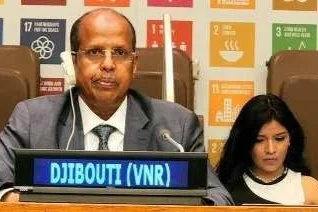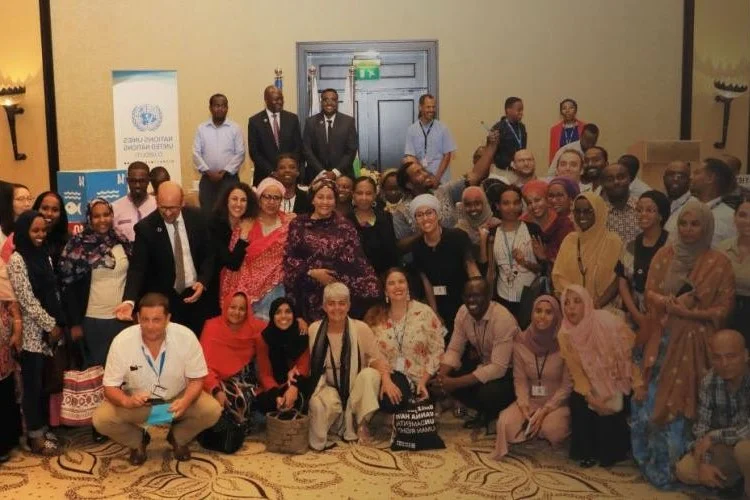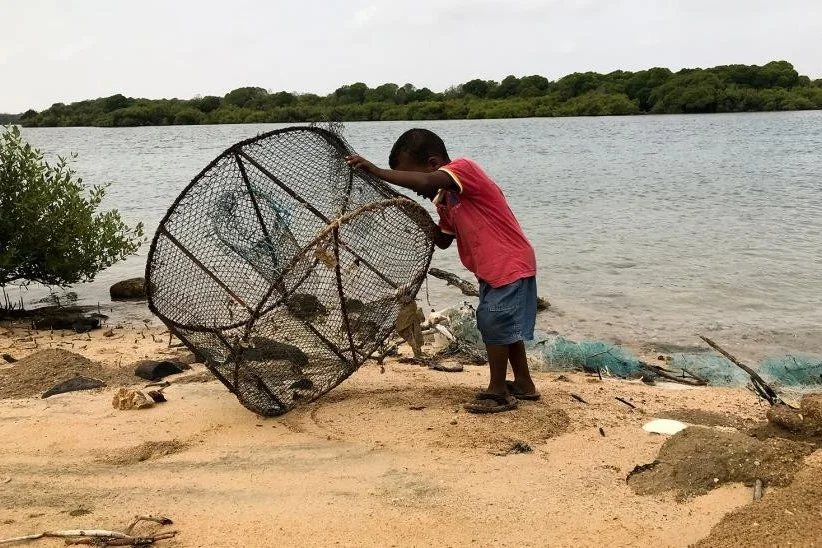Djibouti launches a new database contributing to one of the key global public benefits
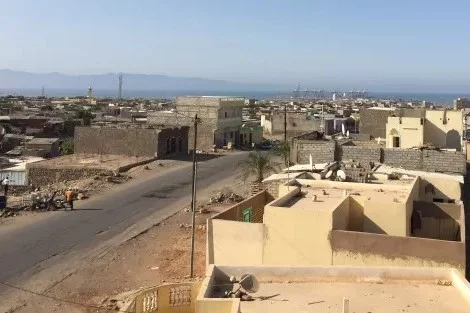
Djibouti has taken a major step forward, becoming a leader in the open data agenda in the Middle East, North Africa, and the world. After a long collaboration between the National Institute of Statistics of Djibouti and the World Bank, all household consumption surveys are now available online and ready for use by research institutions, international organizations, and the development community. The survey data dates back to 2002 and provides up-to-date information until 2017.
The publication of this data contributes to achieving a broader goal, which is to develop evidence-based policies while providing the necessary elements to track valuable indicators at both the national and international levels, such as the Sustainable Development Goals.
What do the data guide us to?
One of the objectives of the latest survey conducted, titled the Djibouti Socioeconomic Survey (EDAM-IS 2017), was to present up-to-date data that would help track the Sustainable Development Goals adopted by the international community in September 2015, particularly the first goal of eradicating extreme poverty. Through the survey data, we now know that 17% of Djibouti’s population lived on less than $1.90 per person per day in 2017, a much higher percentage compared to other countries in the Middle East and North Africa, where the extreme poverty rate was estimated at around 5% in 2015. While this percentage is lower compared to other countries like Ethiopia, it remains slightly higher than the poverty rate in the lower-middle-income countries, which is 14%.
The recent survey collects data to help track indicators of sustainable development goals such as electricity, water, and land ownership rights. The percentage of the population living in extreme poverty who have access to electricity does not exceed 13%. This share gradually increases as we move up the income ladder, reaching approximately 92% for the richest 20% of Djibouti’s population. As for access to improved water sources, the rates are high for everyone except the poorest 20% of the population. Providing access to improved water sources for the rest of the population by 2030 seems possible, but ensuring access to electricity remains a challenge for the Djiboutian government.
Calculating the above indicators, among many others, and reproducing and studying them has now become easy for anyone, after the National Institute of Statistics of Djibouti (formerly known as the Directorate of Statistics and Demographic Studies) decided to host its partial data on the World Bank’s Microdata Catalog website. The commitment of the National Institute of Statistics to publish its work over the years aligns with its mission to produce data that meet the needs of the government, private sector, and the public and disseminate it. The institute’s efforts will continue to achieve this goal by publishing partial data and descriptive data from many other surveys conducted in the past. Undoubtedly, this will help the government and other development stakeholders monitor progress towards achieving the Sustainable Development Goals, support innovation, facilitate informed decision-making, enhance transparency and accountability, and improve service delivery.
This commendable effort is a great example of the power of strong partnerships to change our way of understanding, analyzing, and assisting in addressing the biggest challenges in development.
 Algeria
Algeria Bahrain
Bahrain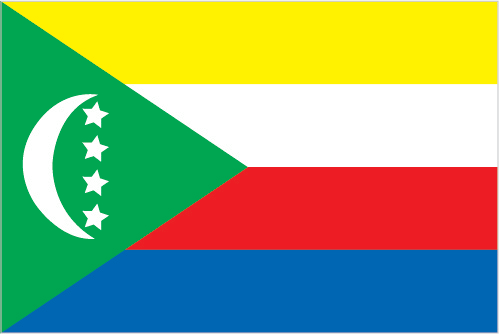 Comoros
Comoros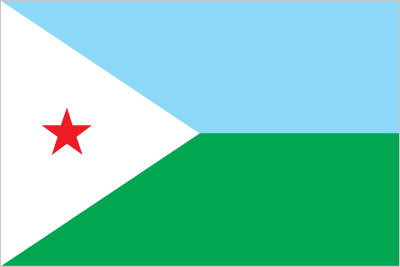 Djibouti
Djibouti Egypt
Egypt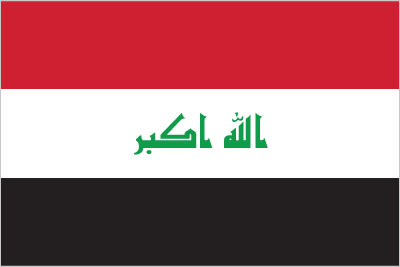 Iraq
Iraq Jordan
Jordan Kuwait
Kuwait Lebanon
Lebanon Libya
Libya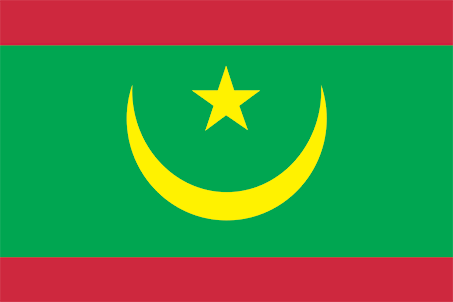 Mauritania
Mauritania Morocco
Morocco Oman
Oman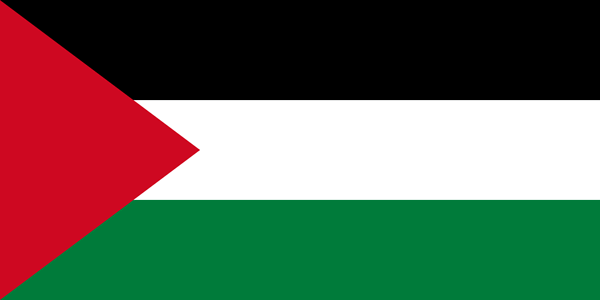 Palestine
Palestine Qatar
Qatar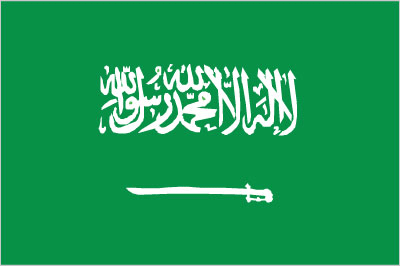 Saudi Arabia
Saudi Arabia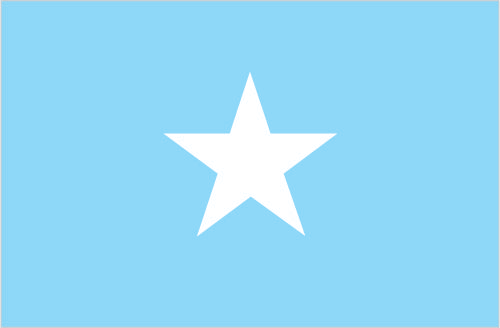 Somalia
Somalia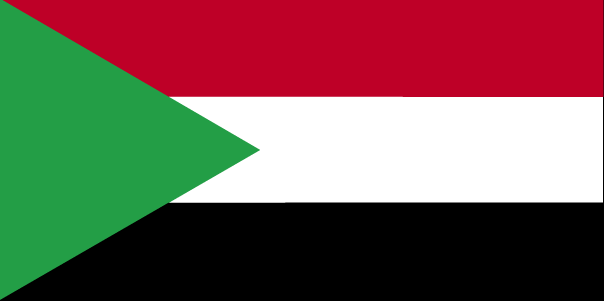 Sudan
Sudan Syria
Syria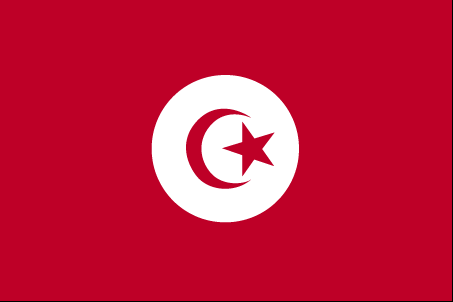 Tunisia
Tunisia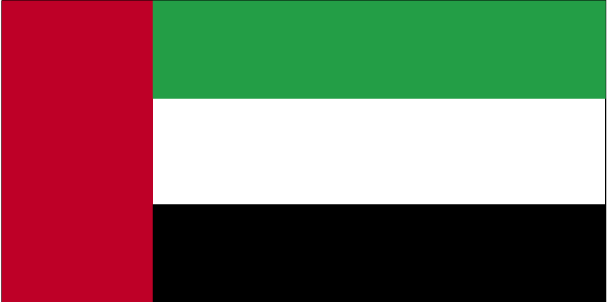 UAE
UAE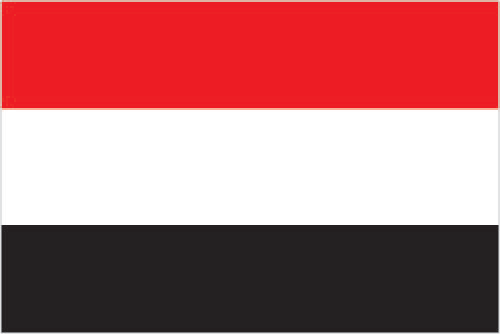 Yemen
Yemen